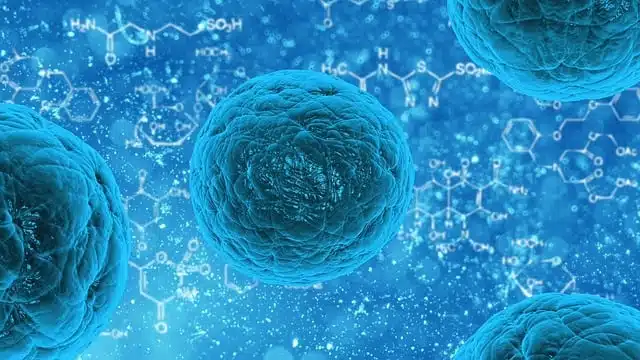
Apoptosis is a mode of programmed cell death.
The etymology of apoptosis takes us to the Greek word apóptōsis , which can be translated as "disappearance" . The term is used within the framework of biology , which is the science focused on the development, structure and relationships of living organisms.
Apoptosis is a type of cell death that is characterized by its programming . Through apoptosis the growth and development of cells is regulated.
Characteristics of apoptosis
Before moving forward with the definition of apoptosis, it is important to focus on some concepts. It must be clear, first of all, that cells are the basic units of living beings . They have a cytoplasm with a membrane around it and can reproduce independently.
Cells are born, develop and die. The disappearance of a cell can occur for various reasons: one of them is apoptosis, which is a controlled process carried out by the organism .
This means that apoptosis is driven by the body itself . In this way, the body manages cellular development and prevents, for example, the emergence of cancer.

Apoptosis helps prevent cancer.
Forms of development
There are different modes of activation of apoptosis. It may be a positive induction , from the reception of signals or certain unions of chemical elements; or a negative induction , through a decrease in contacts, loss of activities or interruption of growth .
Another form of classification is related to the development pathways: intrinsic pathway (intracellular), extrinsic pathway (extracellular) or with the intervention of granzymes and perforins .
Purpose of apoptosis
Apoptosis can be carried out for different purposes. When the immune system tends to carry out attacks against healthy tissue cells, apoptosis is responsible for eliminating these autoreactive cells .
Cells infected by a virus or injured without the possibility of healing can also be eliminated by apoptosis. This is related to the fact that damaged cells can continue dividing and promote the appearance of a tumor.
In certain animals and plants , on the other hand, apoptosis is a programmed phase of tissue development. This avoids the inflammation reaction that is typical of necrosis.
In a broad sense , the death of cells by apoptosis is due to the need to eliminate those cells that are dangerous for the body and the importance of avoiding cellular excess.
Its link with cancer and other diseases
As we already indicated, apoptosis contributes to the prevention of cancer since it makes it possible for the body to get rid of irreversibly damaged cells and unnecessary cells. Therefore, when some problem prevents the development of apoptosis, uncontrolled cell division and then the appearance of a tumor can occur.
Although apoptosis is essential, when it is carried out in excess it is negative. Sometimes unnecessary apoptosis occurs, causing the destruction of cells that should not be eliminated. This is how diseases such as Parkinson's and Alzheimer's emerge, among other neurodegenerative disorders.
